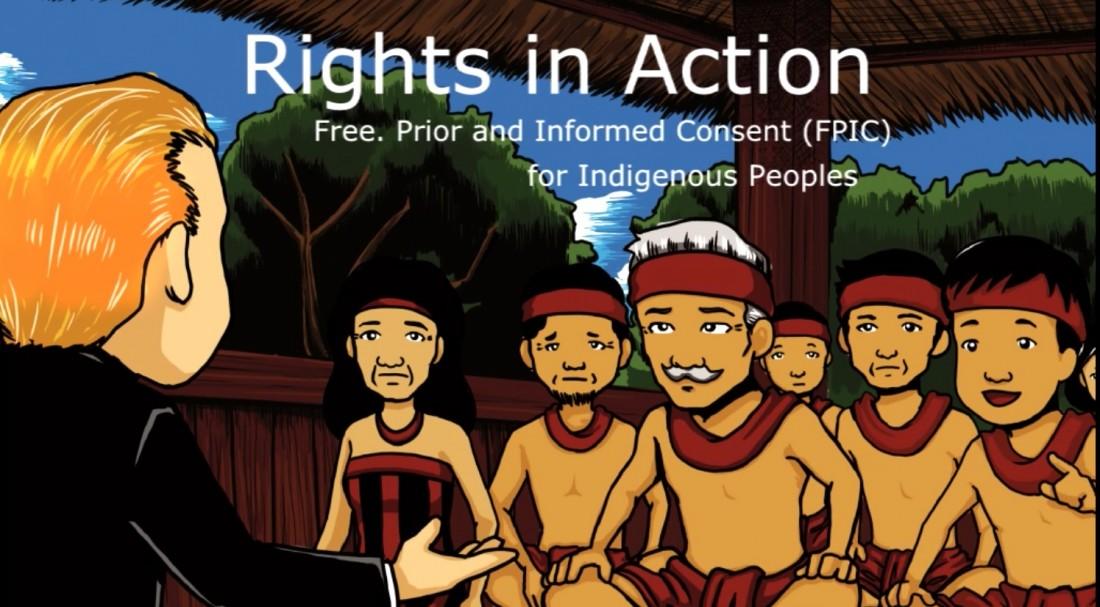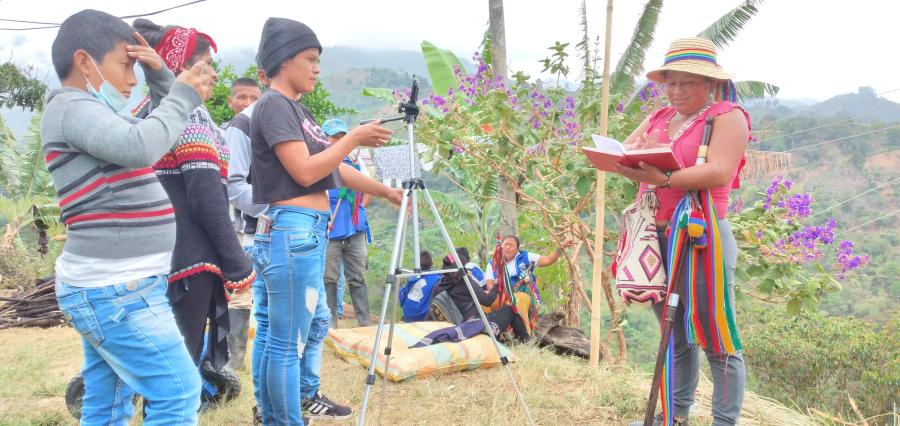
In recent years, Indigenous rights groups and corporate investors have more strongly pushed for free, prior and informed consent (FPIC) procedures in cases where corporate industrial projects affect Indigenous communities. Since the UN Permanent Forum on Indigenous Issues (UNPFII) outlined the key elements of FPIC in 2005, FPIC has gained momentum as an international standard for best practice in community engagement. International laws including the 2007 UN Declaration on the Rights of Indigenous Peoples (UNDRIP) and the 1989 International Labor Organization Convention 169 (ILO 169) have established FPIC as a right for Indigenous People and communities worldwide.
We believe that easy access to the FPIC literature will help Indigenous communities and other interested parties worldwide become more aware of FPIC guidelines and procedures, encourage cooperation and communication between industry managers and Indigenous Peoples, and facilitate the promotion of FPIC as a more widely and more meaningfully implemented global standard for consent.
Accordingly, First Peoples Worldwide has begun compiling existing guidebooks, training manuals, informational brochures, and multimedia resources on FPIC, including documents and digital media in languages other than English. The publishers and producers of these resources represent a variety of voices, from the United Nations, Cultural Survival, the International Institute for Environment and Development, to Indigenous coalitions such as the Federation for the Self-Determination of Indigenous Peoples (FAPI) of Paraguay and the Indigenous Bar Association. About 25% of the sources we’ve gathered have been published or produced by Indigenous organizations or coalitions, and many more have been produced by non-governmental and non-profit organizations.
Based on content, the resources have been organized into the following categories, which will help interested parties choose resources that fit their needs:
The Basics – Short introductory guides (1-20 pages) suitable for any group or individual, Indigenous or otherwise, interested in learning the rudimentary basics of FPIC practices, including definitions of “free,” “prior,” “informed,” and “consent.”
Comprehensive Guides – Longer guides (20+) pages that go into more detail about FPIC, best practices, benefits and challenges, and sustainable/responsible investing.
Resources in Languages Other than English – So far we have found guides written in French, Spanish, Indonesian, Khmer, Thai, and Nepali.
Multimedia Resources – Including a video, a comic, and bilingual (Spanish and English) radio spots.
Targeted Audience/Purpose – Guides and resources tailored specifically to communities, project managers, or those involved with REDD/REDD+, RSPO, or primary industry in general.
Some of the resources fall into multiple categories, such as a comprehensive FPIC guide in Spanish or a basic FPIC primer in comic book format. We have found 17 basic guides, 12 comprehensive guides, 8 resources in languages other than English, and 9 resources in multimedia formats (including multimedia resources in Spanish). At least half of the compiled resources are targeted toward a specific audience or purpose, including those that introduce FPIC to indigenous communities and to corporate investors.
The FPIC database is a work in progress, and we hope it will continue to expand as the conversation around FPIC expands. However, our preliminary findings will be available soon. If you have or know of an FPIC guidebook or resource, please share it with us so we can add it to the database.



